Table of Contents
What’s the Tetris Effect Got to do with Chronic Illness?
Wait! Don’t stop reading – I’m definitely not about to start talk about gaming! While the Tetris effect may have started out with a phenomenon identified from heavy video game use, the Tetris effect is now used to describe instances when people devote so much time and attention to something that it begins to dominate and alter their thoughts, perceptions and dreams.
Okay, so we’ve got that down but how does that relate to life with a chronic illness? Well, as anyone with a chronic illness reading this knows, life with a chronic illness can do just that – dominate our life and if we let it, dominate our thinking. The good news is though that it doesn’t have to!
Where it All Started for Me
Here’s how it all began for me. When I first became sick with Myalgic Encephalomyelitis (ME), it was all about the pain, exhaustion and the losses. If seemed not a moment went by that something did not happen that didn’t remind me of my limitations, losses or pain. As time has gone by, this is all still there and more. Deep layers of unending exhaustion, memory loss, rotating areas of pain, and a few things I’m a bit too embarrassed to share.
Soon though, this life became my new norm. That is not to say any of it went away, believe me, it’s right there, every moment, but I’ve accepted that this is my life now, just as I’ve accepted brushing my teeth a few times a day is a must. It just is. For now.
Finding the Positives Within My New Normal
So, I’m living here in my new norm, but as someone that has always been an optimistic, positive person, I have decided I am not ready to give that up to ME. ME has taken enough pieces of my old life; this was one piece I refused to give up. In fact, I think that I needed to continue to be that person now more than ever. Not only for myself, but knowing how contagious happiness can be, I realized I can still contribute to the world around me by showing what is all still possible despite living a life with extra challenges.
This incentivized and motivated me to figure out how to do it. However, what once came innately to me was now going to take a bit of practice. But I was convinced I could get back to that happy place, and eventually it would be a seamless process (and it is!).
‘Catching’ Positivity Using the Tetris Effect Strategy
This again, is where the book “The Happiness Advantage: The Seven Principles of Positive Psychology That Fuel Success and Performance at Work”1 came into play for me. Once again, I’m going to ask you to hang in here with me because you may be wondering why a career-focused book is relevant when keeping your eyes open is a task at times. That’s the beauty of the book – while its title is focused on increasing success and performance at work, there’s not a single principle in it that cannot be applied to life with a chronic illness.
To highlight this, I’m going to share with you the Tetris effect strategy that I learned from this book. Big picture speaking, through integrating the Tetris effect into your life, you can retrain your brain simply by surrounding yourself with positivity. Bonus: Positivity is contagious! All of us have “caught” something: let’s catch positivity! And…let’s not just catch it for ourselves but let’s spread it to our caregivers and loved ones.
Seek Out Opportunities for Positivity and Watch it Spread
So, how do we start? First, you need to increase the number of positive opportunities, experiences, and thoughts in your life. To do so, you must repeatedly expose yourself to positive things. The great news is, once you start seeking them out, these positive experiences will naturally just start spilling themselves into your daily life.
Now, you may be thinking how can all this ‘spilling’ happen from my couch or bed? It can! We have the opportunity daily to activate the Tetris effect. This is where your choice comes in though. And why it’s so important to choose happiness for yourself – and watch success follow right behind – because you deserve it.
Know Where and Where Not to Look for Support
To help you do this, focus on constantly surrounding yourself with stories of perseverance and success. What does that mean for us? It can mean going or calling into a support group, chatting with friends that understand your condition and support you, watching a feel-good movie, reading a romance novel, reviewing your gratitude journal…So many possibilities! Trust me, they are there if you seek them out, even from your couch!
I should stop for a moment here and talk about what it doesn’t mean, because that can be just as important and ruin any chance for success with this. One example is Facebook. Facebook can be a great source of information and also support, but I also know there are many groups that have a very negative spin to them or their topics of discussion are centered around the group members’ pain. While we all need to vent from time to time, making this your world, or even giving it too much time in your life, can do you harm. Limit or eliminate these experiences from your life as much as you can. It will serve you well.
Neuroplasticity and the Connection to Pain
Also, I should briefly mention neuroplasticity, because that comes into play here too. Bear with me though because I’m not too sciency. Essentially the brain has the ability to reorganize itself by forming new neural connections throughout life. Neuroplasticity allows the neurons (nerve cells) in the brain to compensate for injury or disease and to adjust their activities in response.
So that’s a bunch of science but what does it really mean? It means I can focus on how exhausted beyond exhaustion I am for the next hour, but by doing so I am strengthening those pain neuropathways. Think of it as twine that turns to string that turns to rope. That is what my focus on that pain is doing. I am making it easier for myself to feel that pain. In those moments, my thoughts are working against me.
Or, I can distract myself. I can do a puzzle, take a nap, read a book. I can think about something that makes me laugh. Anything but that pain. When I do that, yes, that pain is still there, but I am not strengthening the pain sensors in my body. I am weakening them AND I am creating and/or strengthening the positive neuropathways in my body at the same time.
Use the Tetris Effect to Create a Better Way of Life
Okay, back to the Tetris effect! As I mentioned, the more you focus on creating the Tetris effect within yourself, you will soon find yourself drawn to things that make you happy. You will even start to subconsciously seek these moments out. Once you get to this point, it starts to become a way of life. You’ve done it! This newfound perspective will just naturally take over your thinking.
And this is where we come full circle to our earlier discussion on neuroplasticity. You have started to make your body work for you as well as your mind. Your mind and body are now working together as one toward a common goal. You!
A Simple Challenge: Choose Happiness for Yourself
What may have started out as a simple video game has extended into a principle that we can choose to integrate into our lives. It most definitely is a choice though and one that you must proactively choose. I know I may still have some doubters at this point, but I ask that you give this strategy a solid chance for a few weeks so you can watch it work its magic. I bet you will be surprised at its effectiveness. And…you have nothing to lose by seeking out positive experiences.
So I challenge you to choose happiness, to choose you! Life has given you a challenge; show life it won’t shake your spirit!
*Note: This article is meant for educational purposes and is based on the author’s personal experiences. It is not to be substituted for medical advice. Please consult your own doctor before changing or adding any new treatment protocols.
Read More by Lisa: Find Your Way Back to Happiness with a Chronic Illness
If you liked this article, sign up for our mailing list so you don’t miss out on our latest posts! You will also receive an e-book full of uplifting messages, quotes and illustrations, as a token of appreciation!
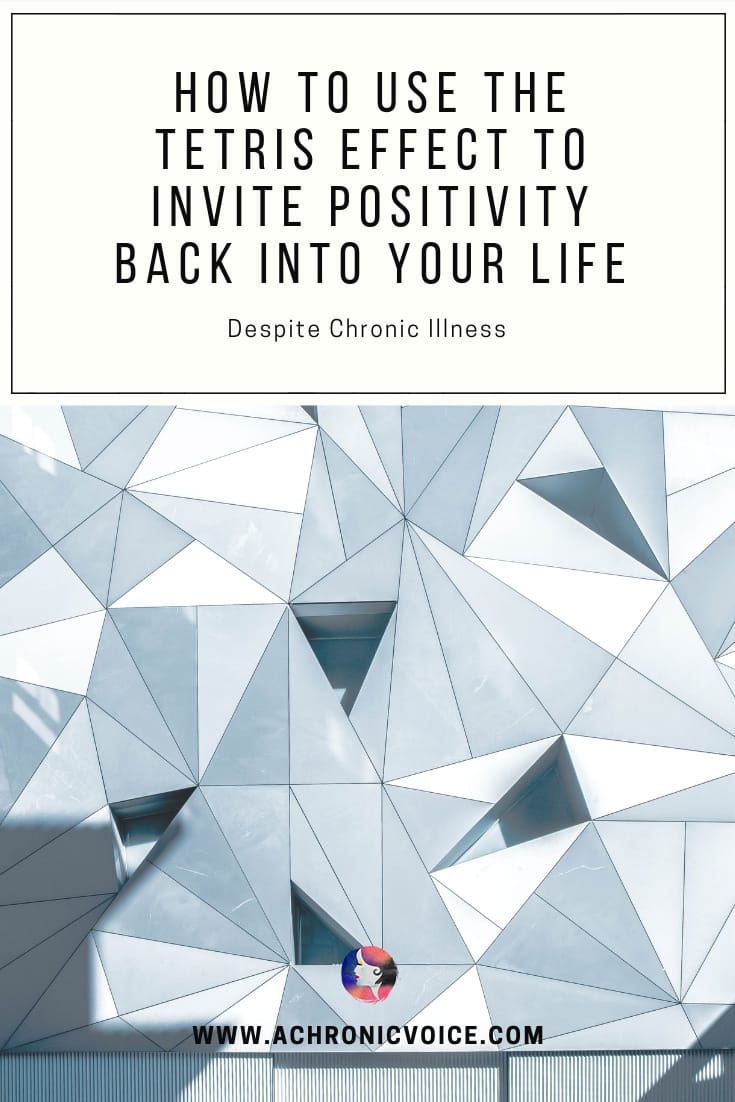
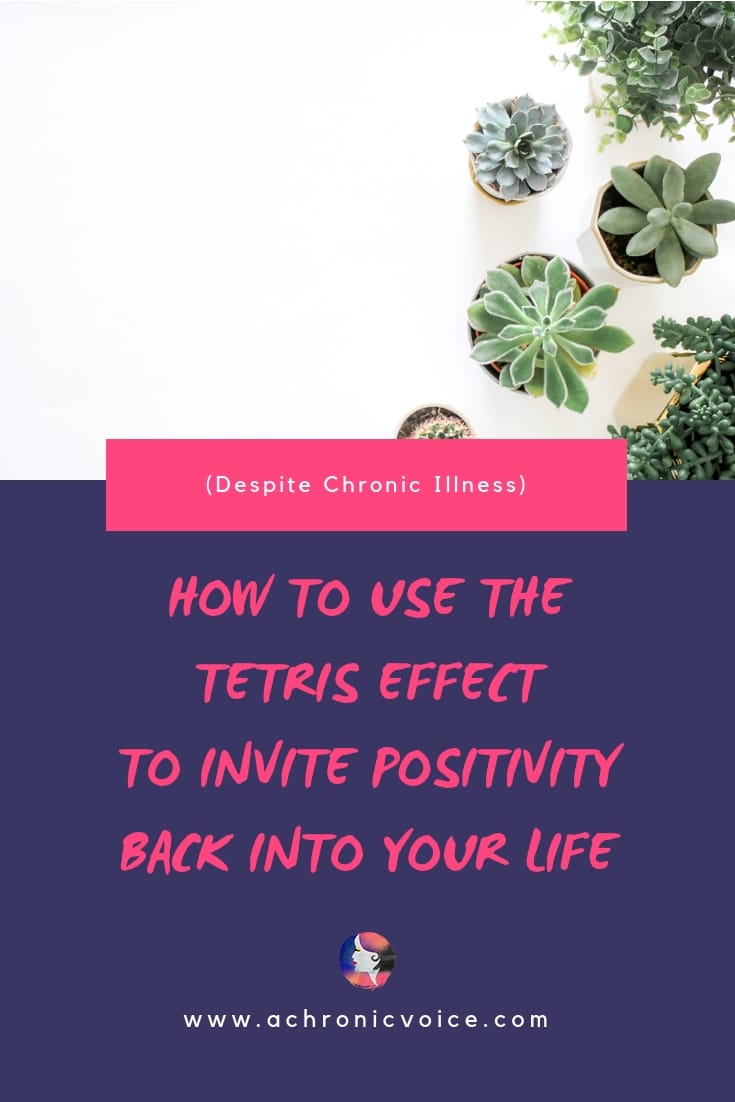
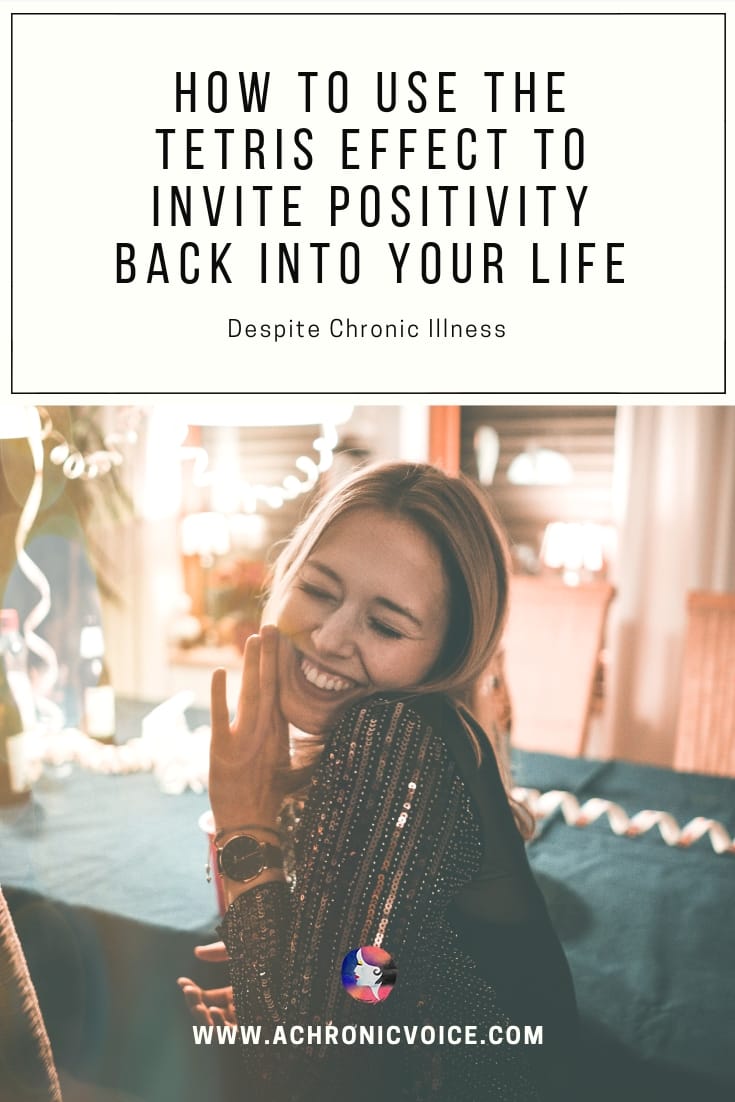
-
Sources:
- Achor, S. (2010). The happiness advantage: The seven principles of positive psychology that fuel success and performance at work. New York: Broadway Books.
Contributor Bio
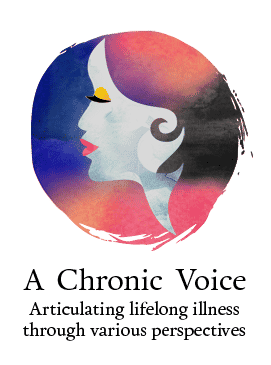
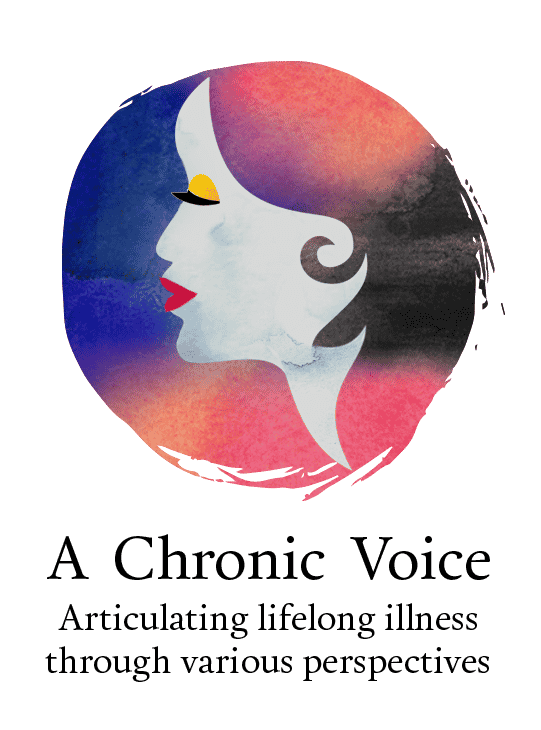
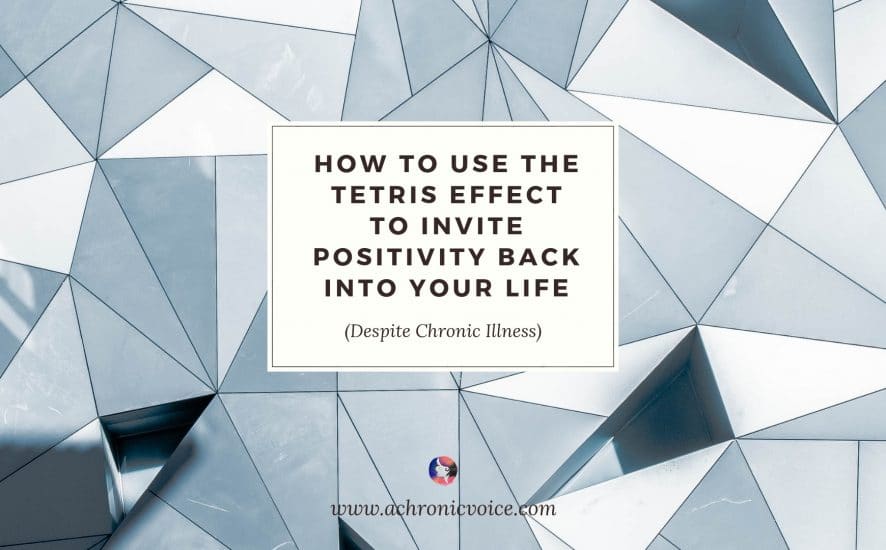

It is SO freaking hard to find your way back to being positive with everything us MEeps deal with. But it can be done. I decided I would be kind, and that meant to myself too.
I’m not perfect at it; I have bad days, but the continual practice does make a difference.
PS have you seen the movie “What the Bleep Do We Know”? Good stuff.
Hi Savannah, yes definitely extra difficult when life hands you extra lemons every day! But kindness will do us all good as you said. None of us are perfect, but practice does turn certain things into habits, as Lisa mentioned in this article!
Never heard of it, will check it out. Thanks for the tip!
I liked her idea about reading a book. Some are so humorous and o thers just take you to a new and exotic place for a time.
Yes! Sometimes books or words that don’t seem related bring about some new ideas or way of thinking 🙂